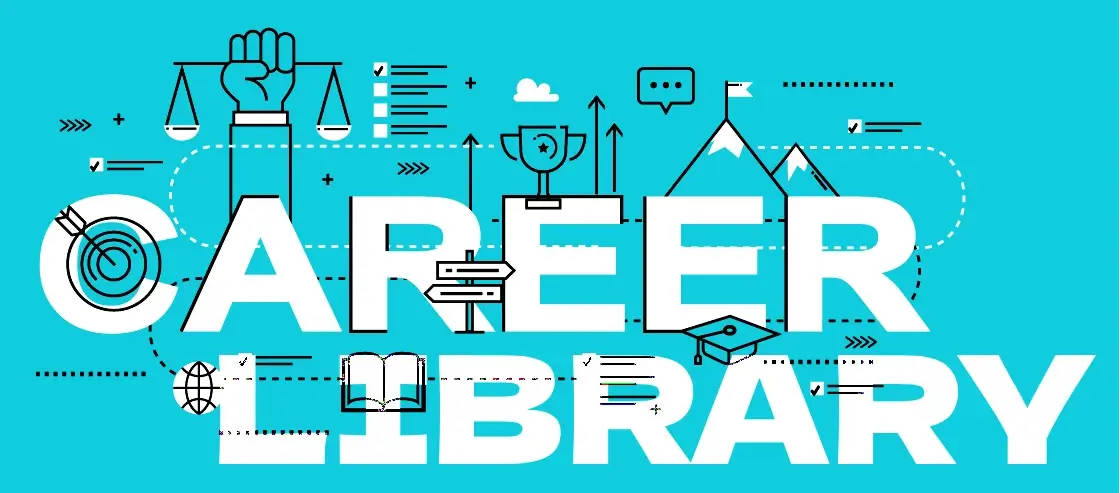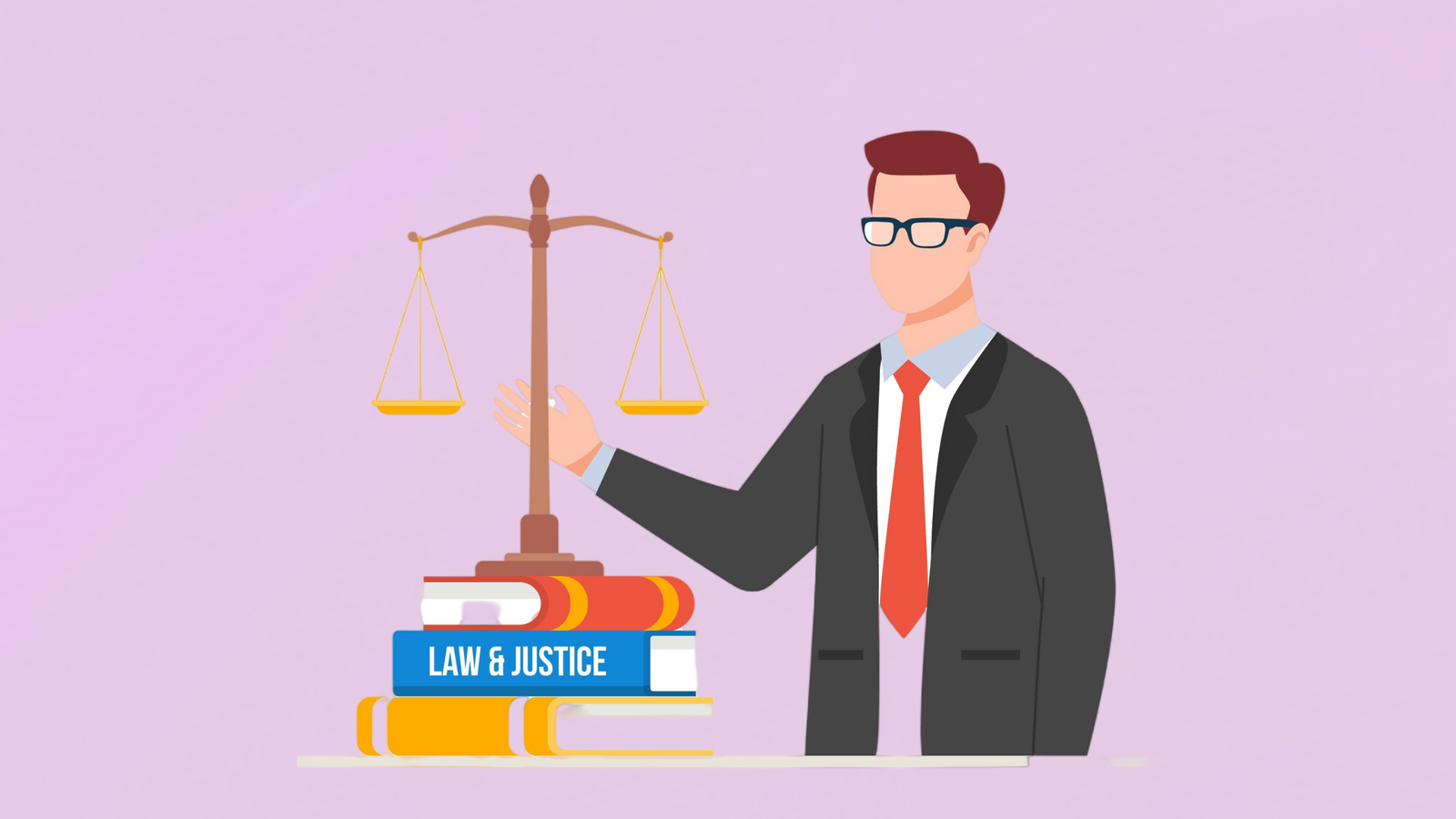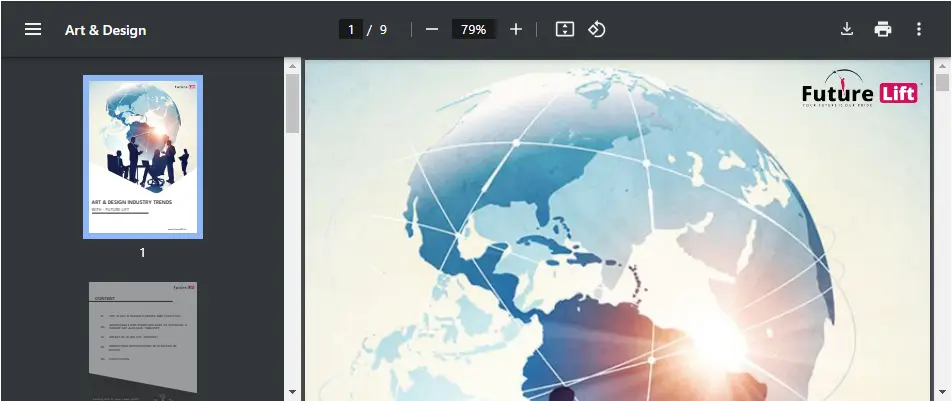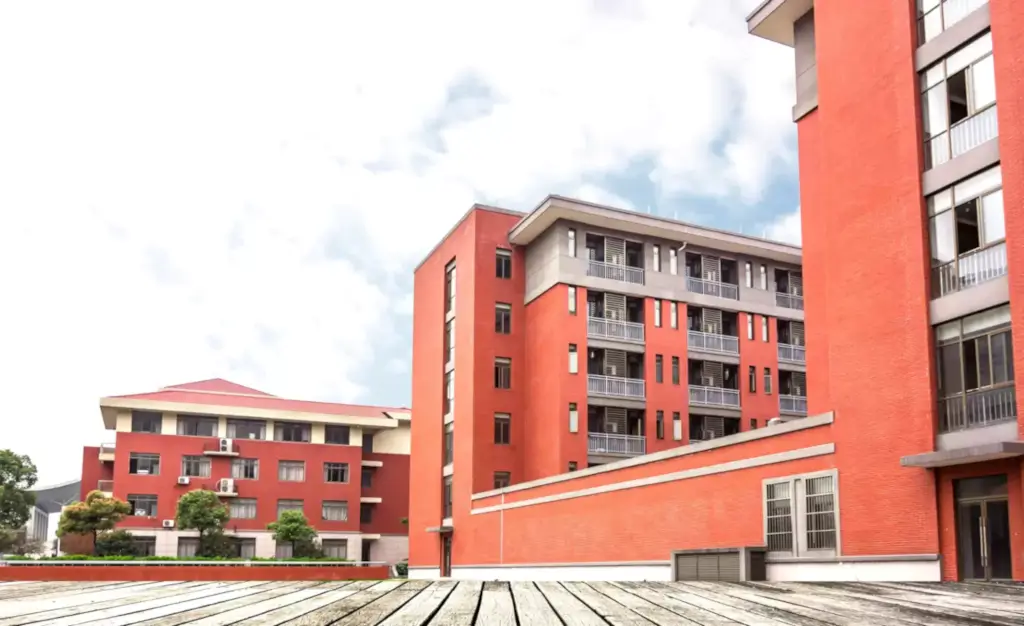
- Summary
- Opportunities
- Career Pathway
- Skills and Qualities
- Occupational Profiles
- Leading Institute
- Abroad Institute
- Entrance Exam
- Industry Trends
- Pros & Cons of a Career
Know what is best for you!
Take world class Assessment test Take world class Assessment test
Civil Lawyer
 Summary
Summary
A civil lawyer is a public legal representative specializing in dispute resolution and handling non-criminal cases such as individual injury, family law, contracts, business, and property. Their field includes Litigation, Pleadings, Discovery to Trials, Settlement, and Appeals. Apart from these services, their duties include Legal Advising, Documentation Drafting, and Settlement Negotiation. With legal know-how, civil lawyers strive to settle disputes and safeguard the rights of their clients. A skilled lawyer has communication skills and great analytic ability. The lawyer profession has a positive impact on social life.

 Career Opportunities
Career Opportunities
Handles cases like Individual Injury, Property Disputes, and Contract Disputes.
These Lawyers represent the clients in the court during the trial phase of the legal process.
Offers legal aid to corporate firms managing Labor Disputes, Contract Agreements, and Employee Disputes.
Offers legal aid to clients in civil cases like Child Custody, Alimony, and Divorce.
The Lawyer settles the disputes between opposing parties through discussion and settlement without going to court.
Represents the clients in the arbitration proceedings that are settled outside the court.
The Lawyer handles claim and policy compliance in disagreement with the insurance company.
Resolves cases concerning breaches of people’s rights, like free expression and discrimination.
Provides clients with Intellectual Property Protection, including Patents, Trademarks, Copyrights, and Trade Secrets.
Advising clients on Real Estate Transactions, Zoning Laws, and Disputes about their properties.
 How to Pursue a Career
How to Pursue a Career
| Stream | Graduation | After Graduation | After Post Graduation | |
|---|---|---|---|---|
|
path 1
|
Arts | LLB, BA LLB (Bachelor of Legislative Law), and BA in Political Science | (MA) in LLM, Post-Graduate Diploma in Civil Law | - |
|
path 2
|
Commerce | B.Com in LLB (Bachelor of Commerce and Legislative Law), BCom in Business Law, and BBA and LLB integrated Course | MBA/LLM, Postgraduate Diploma in Legal Practice | - |
|
path 3
|
Science | BSc LLB, BSc in Political Science | MSc LLM, Postgraduate Diploma in Corporate Law | - |
 Skills and Qualities
Skills and Qualities
- Troubleshooting: You must know the intricacies and nuances of the law and bring the best possible solutions for your client.
- Effective Communicator: Apart from documentation, a Civil Lawyer must have good communication skills to present a client’s case.
- Interpersonal Skills: Civil lawyers must be supportive and empathic towards their clients and opposing parties.
- Negotiation Skills: A Civil Lawyer can negotiate the terms between both parties to resolve the dispute peacefully.
- Attention to Detail: As a lawyer, you can’t miss the smallest detail of the case, leading to misrepresentation in the courtroom.
- Credibility: A Civil Lawyer must ensure credibility by not making false promises or misleading clients by promising favourable judgments.
- Updated Knowledge: A Civil Lawyer must stay updated with the latest Legal Developments, Landmark Judgments, and Court Cases to advance in their career.
- Analytical Thinking: Ability to analyse complex legal issues and identify solutions.
- Time Management: Ability to manage a busy workload efficiently, prioritising tasks, and managing multiple cases and deadlines.
- Legal Writing: Expertise in drafting legal documents that are Clear, Concise, and Persuasive, such as Briefs, Motions, and Contracts.
 Occupational Profile
Occupational Profile
- Representation of Clients: Efficiently represent clients in civil cases such as Property Issues, Family Law, and Contract Disputes.
- Legal Research and Analysis: Go through legal research to support the case and ensure the latest updates of laws
- Drafting Legal Documents: Stay prepared with Motions, Briefs, Contracts, Pleadings, and Other Legal Documents for legal proceedings.
- Court Appearances: A representative of a client in the courtroom, presenting cases in front of the judge, and presenting legal arguments.
- Client Consultation: Providing effective legal solutions and options to clients, strategising solutions for legal issues.
- Investigation Process: Through the investigation procedure, a Lawyer should extract data for the case such as depositions and inquiries.
- Ethical Compliance: A Civil Lawyer must ensure compliance with ethics by maintaining discretion and appropriate conduct in legal proceedings.
- Efficient Case Management: Classifying Evidence, Coordinating with Witnesses, and Document Filing are important aspects of case management.
- Negotiation: Communicating with the clients to settle the dispute outside the court, striving to provide a favourable result.
- Continuous Learning: A Civil Lawyer needs to stay updated with the recent changes in laws and legal matters.
 Leading Institute
Leading Institute
| University | Location | Website |
|---|---|---|
| National Law School of India University | Gnana Bharathi Main Rd, opp. NAAC, Teachers Colony, Naagarabhaavi, Bengaluru, Karnataka | |
| National Law University | NH-65, NAGAUR ROAD, MANDORE, JODHPUR, Rajasthan | |
| Symbiosis Law School | Survey No 227, Rohan Mithila, New VIP Road, Plot No. 11, Symbiosis Law School Rd, Opposite Pune Airport, Mhada Colony, Viman Nagar, Pune, Maharashtra | |
| Christ University | Dharmaram College Post, Hosur Road, Bengaluru, Karnataka | |
| NALSAR University of Law | Justice City, Shamirpet, Hyderabad, Secunderabad, Telangana |
 Abroad Institute
Abroad Institute
| College | Location | Website |
|---|---|---|
| University of Oxford | Wellington Square, Oxford OX1 2JD, United Kingdom | |
| University of Cambridge | The Old Schools, Trinity Ln, Cambridge CB2 1TN, United Kingdom | |
| Stanford University | 450 Jane Stanford Way, Stanford, CA 94305, United States | |
| National University of Singapore | 21 Lower Kent Ridge Rd, Singapore | |
| McGill University | 845 Sherbrooke St W, Montreal, Quebec H3A 0G4, Canada |
 Entrance Exam
Entrance Exam
| Exams | Tentative Date | Important Elements | Website |
|---|---|---|---|
| CLAT | December | English Language, Current Affairs, including General Knowledge, Legal Reasoning, Logical Reasoning, Quantitative Techniques | |
| LSAT | January and May | Analytical Reasoning, Logical Reasoning 1, Logical Reasoning 2, Reading Comprehension | |
| AILET | December | General Knowledge and Current Affairs, English, Logical Reasoning | |
| SLAT | May | Logical Reasoning, Legal Reasoning, Analytical Reasoning, Reading Comprehension, General Knowledge | |
| DU LLB | June | Reading Comprehension, Analytical Abilities, Legal Awareness and Aptitude, General Knowledge | |
| TS LAWCET | June | General Knowledge, Mental Ability, Current Affairs, Legal Aptitude |
 Pros & Cons of a Career
Pros & Cons of a Career
Pros:
- This field provides various legal issues and specializes in the law sector.
- This field allows helping people with their legal issues.
- Freedom to work in various areas of specialization including Private, Corporate, Government Agencies, and Non-Profit Organizations.
- A lawyer can earn an ample amount of income in specialized fields.
- Lawyers have full autonomy in their work, especially in private practices or senior positions.
Cons:
- Competition motivates you to continuously improve your legal expertise and stay ahead.
- It enriches your professional interactions and enables you to handle emotionally charged cases.
- By extending working hours, time management skills are strengthened.
- You build resilience and problem-solving skills in this high-pressure environment.
- The challenge of dealing with complex legal issues sharpens your analytical skills.
 Industry Trends
Industry Trends
- Technological Development: Nowadays Virtual Consultation and AI-driven legal research platforms for a better understanding of legal matters.
- Prediction through AI: Using AI analysis to predict forecasts of case outcomes made legal research simpler.
- Other Dispute Settlement Methods: There are other cost-effective ways approved by courts through which disputes can be settled through mediation and arbitration.
- Area Specialisation: Environmental law, Intellectual Property law, and health law are the recent emerging areas of specialisation for civil lawyers.
- Globalisation: Lawyers are now dealing with international disputes and arbitration through partnerships.
- Mental Health Well-Being: Numerous programs and initiatives are in place to promote the mental well-being of civil lawyers.
- Outsourcing Legal Aid: Many countries outsourced third-party providers to help them with legal disputes at reduced costs.
- Client-Centric Services: With flexible billing models lawyers are gaining client trust and boosting communication.
- Corporate Social Responsibility: There has sudden demand for CSR activities that have positively influenced legal practice and advice.
- Regulatory Changes: The civil lawyer must stay updated in the ever-revolving domains of data privacy, and consumer and employment law for better client advice.
 View PDF
View PDF



